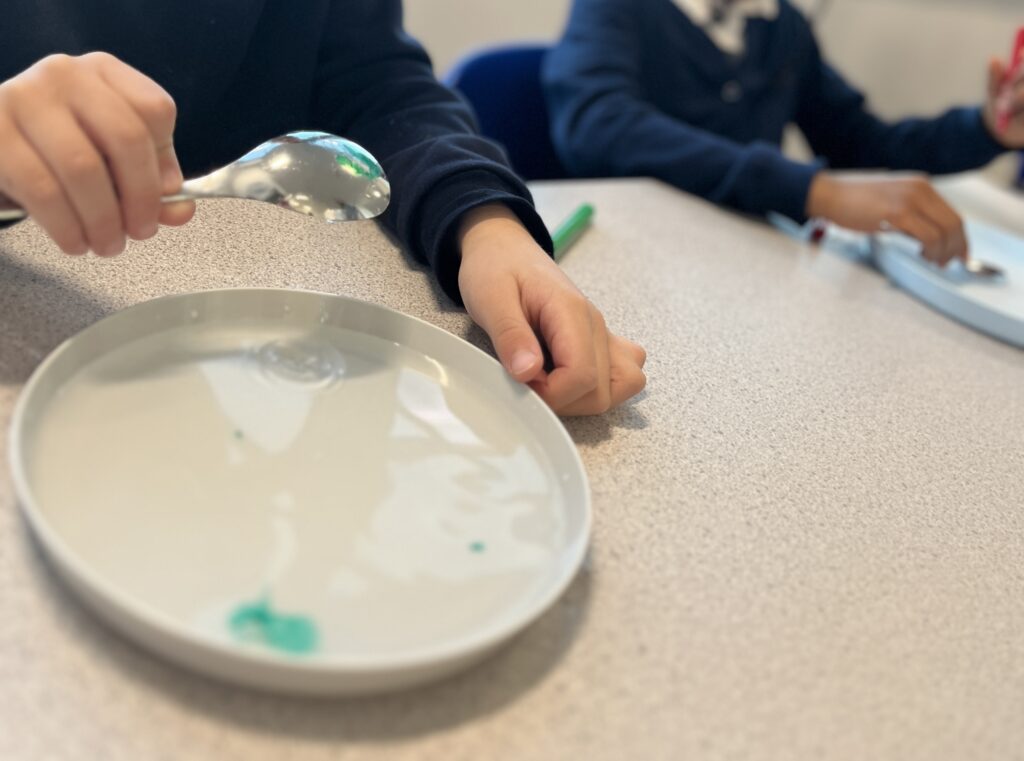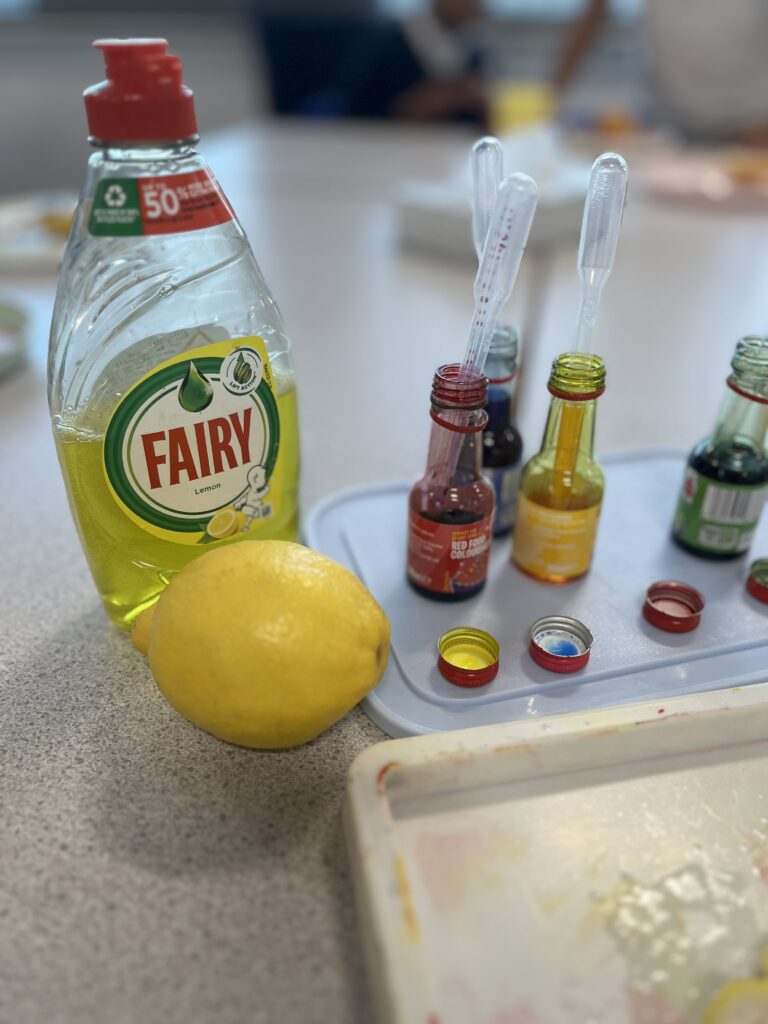Curriculum Intent
Our Curriculum Intent outlines the knowledge, skills and characteristics we want children to develop and learn throughout their time with us.
At Watling Primary School, we focus on developing capabilities in STEAM subjects (Science, Technology, Engineering, Arts and Maths). We want our pupils to develop the scientific knowledge required to understand the uses and implications of science, today and for the future. In a modern, global and increasingly technological society, strong STEAM knowledge and a focus on this from an early age plays a key role in securing economic wellbeing.
Our Watling Way value ‘wonder’ embodies our approach to learning about science. We encourage our pupils to be curious, to investigate, to ask questions and to engage with the environment, at the same time as recognising their role in nurturing and protecting the planet for generations to come.
We believe that science encompasses the acquisition of subject-specific knowledge, concepts, skills and positive attitudes as well as a broad understanding of why science matters in the world.
At the beginning of each topic, children are asked to reflect on what they already know and to pose questions about things they might want to investigate further. This approach enables pupils to make important links between prior and future learning as well as encouraging child-lead inquiry. Curiosity about science allows our children to lead their own learning and seek out opportunities to deepen their knowledge. Throughout our science curriculum, we adopt a hands-on, active approach to learning. Children are taught how to investigate problems, adopting a brave and innovative approach to conducting and carrying out experiments. They are encouraged to understand how science can be used to explain what is occurring, to predict how things will behave, and to analyse causes.
Teamwork plays an important part in our science curriculum. Group tasks encourage children to work together to make choices based on different viewpoints or ideas. This stimulates rich communication and discussion as it requires children to verbalise and justify their own ideas and clarify their own scientific thinking, as well as considering and including the viewpoint of others. Through teamwork, we show our pupils how they can work together collaboratively to develop their knowledge, overcome challenges to solve problems collectively and strengthen their scientific enquiry skills.
There is a strong focus on vocabulary in our science curriculum as this helps our pupils to understand and communicate their ideas with increasing confidence. As children develop their knowledge of key scientific vocabulary, they are able to use it within the correct context to enrich their substantive and disciplinary knowledge.
Our commitment to taking our learning outdoors, alongside our separate Forest School sessions, provides further opportunities beyond the classroom for our children to make connections with the scientific natural world through inquiry, investigation and exploration. At Watling Primary School, we are proud of our commitment to learning in, about and for the environment and the important role that this plays in nurturing scientists of the future.
Curriculum Implementation
Our Curriculum Implementation explains what we will do and how we will do it, to ensure that children learn and achieve what we intend them to.
Our approach to the teaching and learning of Science includes the following:
- Six distinct units taught during the academic year, following the White Rose Science scheme.
- Timetabled 1-hour (Key Stage 1) or 1.5-hour (Key Stage 2) lesson each week, including use of the STEAM Room and Arts Studio.
- Lessons planned using progression maps and curriculum end points.
- Lesson objectives linked to Watling Way values and CAPTAIN Learning Characteristics.
- High-quality resources used to enhance lessons.
- Separate exercise book for Science for each child to record their learning over time as they progress through the school.
- Access to Science Knowledge Organisers.
- Children’s Science work is celebrated on Wonderful Watling Work classroom displays and around the school.
- Science themed assemblies linked to national awareness days.
- Half termly year group STEAM Challenges include one week of Science.
- Opportunities to attend extra-curricular Science clubs throughout the academic year.
- Extra-curricular events (trips and/or visitors) linked to learning in Science as part of our wider enrichment offer.
Curriculum Impact
- Formative and summative assessment strategies in line with our Feedback and Marking statement, including questioning and verbal feedback, ‘on the spot’ highlighting or annotations in line with our marking code, mini Connect 2 (Key Stage 1) or Connect 4 (Key Stage 2) reviews of learning at the start of lessons, end of unit mini assessments, and revisiting of Wonder Wall at the end of each unit
- Book looks
- Pupil voice
- Learning walks and lesson visits
- Termly Subject Lead monitoring meetings
- Analysis of Science MAPs (Monitoring Attainment and Progress spreadsheets)
The National Curriculum Programmes of Study for Science for Key Stage 1 and 2 provide further information.






